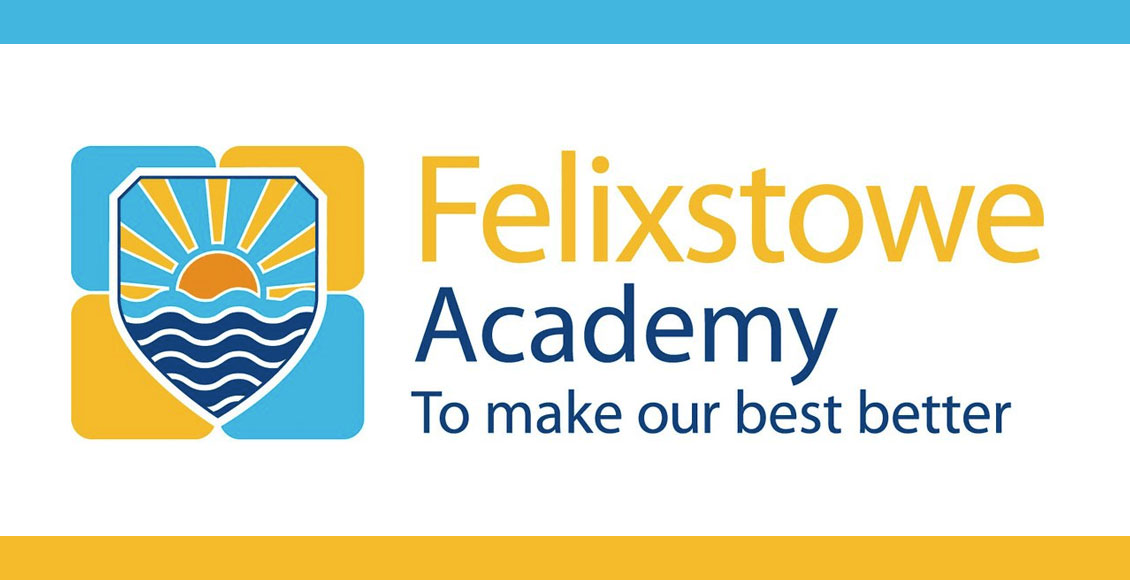Imagine you could use some time at school or college to do something you really want. Maybe you’d love to produce your own play or explore quantum mechanics. Perhaps you’ve always wanted to find out about organ transplants or to trace the origins of celebrity culture. EPQ allows you to find out.
But what kind of work does the project involve? How does the Extended Project fit in with my other courses?
What about the arguments you’ve had with classmates about the influence of the USA in world politics or the rights and wrongs of assisted suicide?
What if you had the chance to make your own clothes or musical instrument? Or to ask important questions such as: why are there differences between the behaviour of young men and young women or why do so few young people vote?
All of these could provide the basis for an Extended Project. The aim of the Extended Project Qualification (EPQ) is to provide freedom and time to develop skills and explore an idea that interests you. Doing an Extended Project is great for building confidence and broadening horizons because you are free to be creative, practical or academic, you can be led by your curiosity and you can pursue an idea to see how it evolves and takes shape over time. In fact, students often comment at the end of their project that they could never have imagined where their project journey will take them.
There are also personal, educational and work-related benefits to doing an EPQ. No matter what your next step in life, a carefully chosen Extended Project can help you to make sound decisions, to become more confident and to develop important skills and knowledge. Completing an Extended Project to the best of your ability brings a huge sense of achievement and personal satisfaction. During the project, you will be encouraged to keep records of your progress, thoughts and decisions. Reviewing these as you near the end of the project will help you to understand how overcoming challenges and finding creative solutions to obstacles help you to develop maturity, confidence, resilience and self-awareness.
Projects can take a wide range of forms. Some students choose to write an extended essay or to do their own research, others to create a computer application, performance, mathematical solution, design, piece of art, or an event. This list is not exhaustive – it is up to you to make a choice. Many students choose to do something which develops skills that will be useful in their future career or higher education.
CURRENT PROJECTS
- The development of football in English compared to Korea by Taeho Lee, Year 13
- How women’s hairstyles have changed in the United Kingdom in the last 200 years by Song Kim, Year 13
- Is K-Pop a good or bad influence on teenagers? by Siqi Qu, Year 11
- The impact of women during the First World War by Amelia Taylor, Year 8
By Jo Wilcox and Peter Langley




